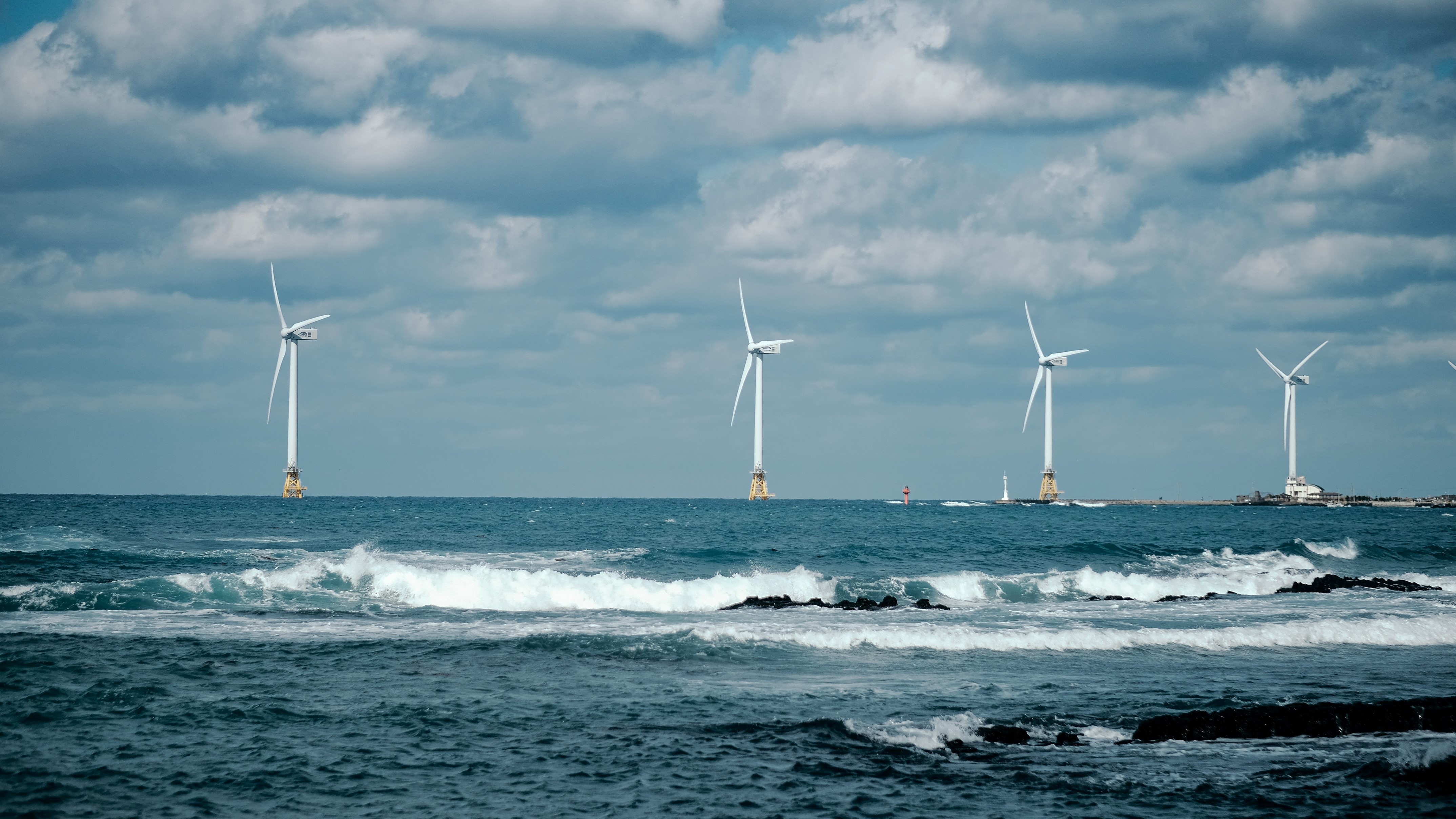Google wants to offset its data center pollution using wind power
Google hedges its bets on wind

Sign up for breaking news, reviews, opinion, top tech deals, and more.
You are now subscribed
Your newsletter sign-up was successful
In an effort to become more sustainable, Google has confirmed its largest ever deal to secure offshore wind energy for its European data centers.
The cloud computing giant’s power purchase agreements with CrossWind and Ecowende, which are joint ventures between Shell and Eneco, will support two new wind farms off the coast of the Netherlands.
In a blog post, the company revealed how its new initiative is a crucial component of Google’s ambitious but seemingly realistic plan to match 100% of its data center electricity consumption with clean, green, and renewable energy generation by 2030.
Google invests in more wind power
"At Google, we know that climate change is top of mind for many of our users, with search interest for “energy crisis” hitting an all-time high in 2023," said Matt Brittin, President, Google Europe, Middle East and Africa.
"That’s why we are committed to developing sustainable solutions for our users, businesses, governments and our own operations"
In Europe, Google is set to add over 700 megawatts of energy capacity to the grid, and the Netherlands project represents a significant part of that. The ventures are anticipated to contribute around 6% to the annual electricity consumption in the Netherlands. As much as two-fifths of the Netherlands’ energy production now comes from renewable sources.
At the same time, Google also announced smaller renewable power purchase agreements in Italy, Poland, and Belgium.
Sign up to the TechRadar Pro newsletter to get all the top news, opinion, features and guidance your business needs to succeed!
Together with previous power purchase agreements, Google reckons that its Dutch data centers will now achieve 90% clean energy usage this year.
While tech companies, including the likes of Microsoft and Apple, have all announced plans for more clean energy, it’s important to note that they’re not always necessarily powered directly by renewable energy, but rather, they must take what they can from the grid, which comprises part-renewable and part-fossil fuel.
Instead of relying on Renewable Energy Certificates, which have faced falling prices recently, Google has also committed to purchasing carbon-free energy locally and hourly, in effect encouraging the continuous development and subsequent expansion of clean energy production.
While it may not be as simple, nor as black and white, as just powering operations by clean energy, Google’s plans do show a promising commitment toward reducing its reliance on fossil fuels.
More from TechRadar Pro
- Check out the best cloud hosting providers
- Google going green - new geothermal energy plant opens in Nevada
- We’ve made a list of the best cloud storage and the best cloud backup tools
With several years’ experience freelancing in tech and automotive circles, Craig’s specific interests lie in technology that is designed to better our lives, including AI and ML, productivity aids, and smart fitness. He is also passionate about cars and the decarbonisation of personal transportation. As an avid bargain-hunter, you can be sure that any deal Craig finds is top value!
